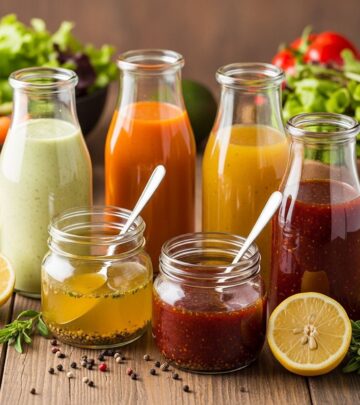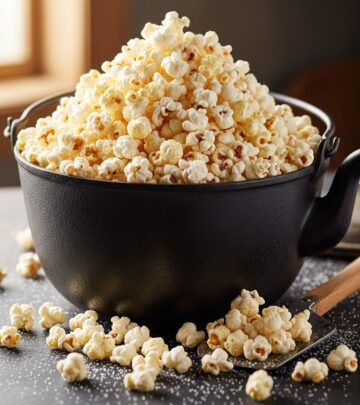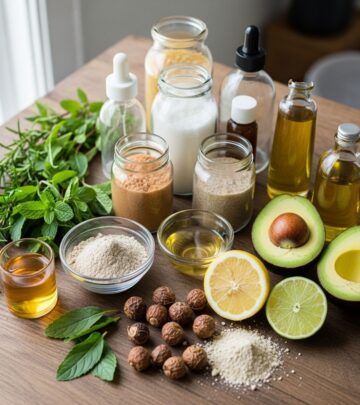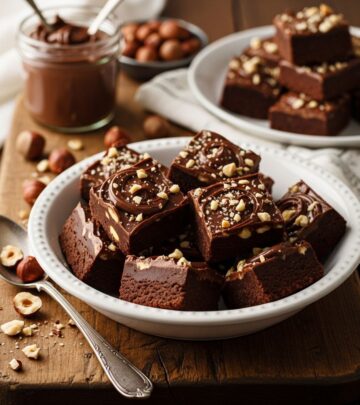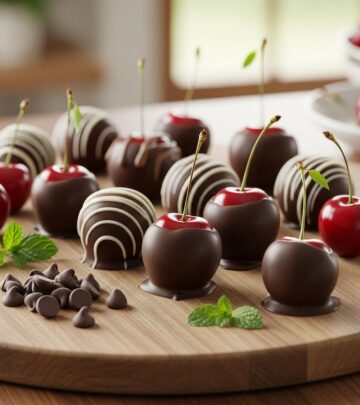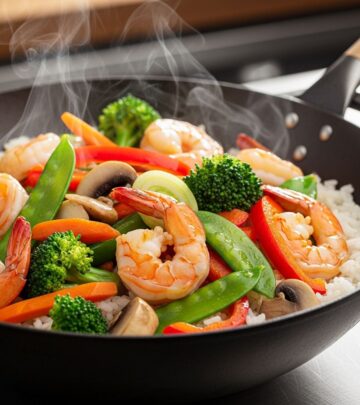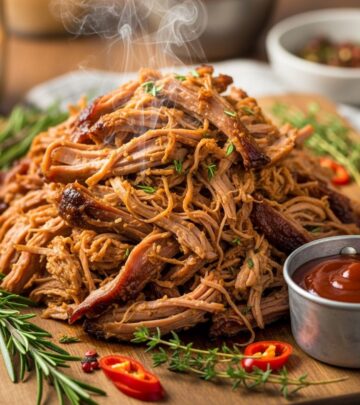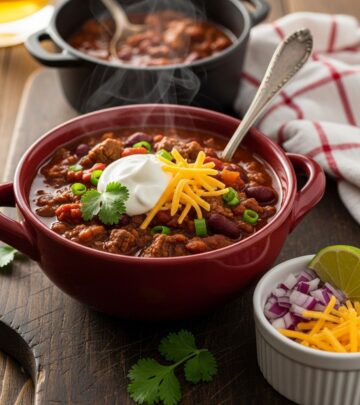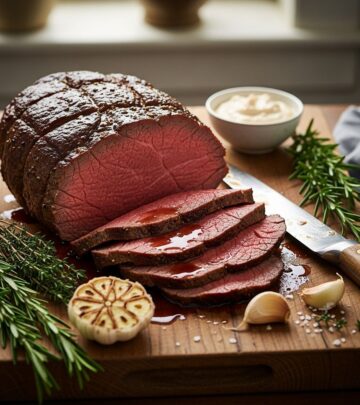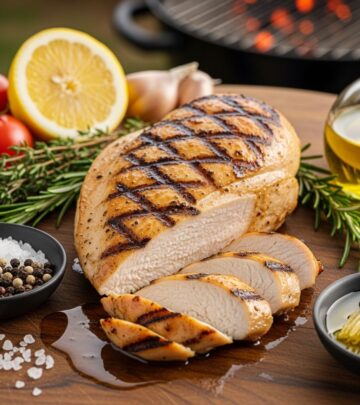Charcoal vs. Gas Grills: The Definitive Guide to Flavor, Convenience, and Performance
Mastering flavor, control, and cleanup makes your barbecue experience easy and delicious.
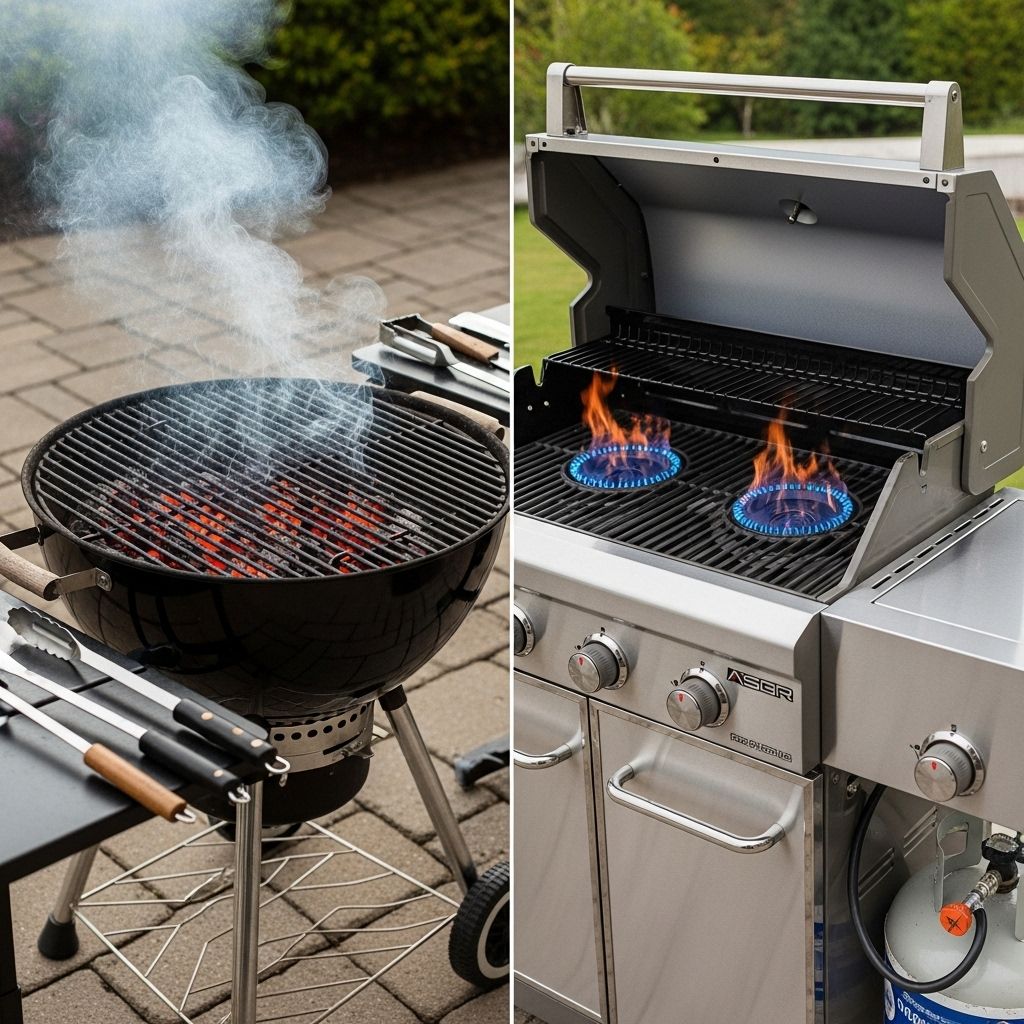
Choosing between charcoal and gas grills sparks passionate debate among barbecue enthusiasts. Each type serves up distinct advantages, flavor profiles, and cooking experiences. This guide compares every factor—from taste to setup—to help you pick the grill that best suits your needs.
Grill Comparison Overview
If you’re considering a new grill, these are the major factors to weigh:
- Flavor: Does charcoal offer superior taste?
- Setup & Convenience: Which grill is easier and quicker to use?
- Temperature Control: Is precision or versatility more important?
- Cleanup & Maintenance: What’s involved after cooking?
- Cost: Consider initial investment and ongoing expenses.
Quick-Reference Comparison Table
| Factor | Charcoal Grill | Gas Grill |
|---|---|---|
| Flavor | Smoky, rich, classic BBQ taste via coals and drippings | Clean, subtle, lets natural meat shine |
| Start-Up | Manual, 15–30 mins from lighting to ready | Automatic, ready in 5–10 mins |
| Temperature Control | Manual (vents, coal arrangements) | Precise (knobs for direct adjustment) |
| Searing Ability | Very high heat for crust & Maillard reaction | High heat, but peak temps may be lower |
| Cleanup | Ash management required | Wipe grates, empty grease tray |
| Versatility | Grilling/smoking (many models) | Primarily grilling (smoking possible with accessories) |
| Portability | Often lighter, compact | Often bulkier, heavier |
| Initial Cost | Lower | Higher |
| Ongoing Cost | Charcoal & maintenance | Lower fuel cost, but parts may need replacing |
Flavor: The Soul of Charcoal Cooking
The defining question: Does charcoal truly make food taste better?
The Charcoal Experience
- Smoky Aroma: Burning coals produce aromatic compounds that infuse meat with unmistakable depth (Maillard reaction and chemical complexity).
- Crispy Crust: Intense radiant heat helps create the sought-after crust and caramelized flavors.
- Custom Flavor Layering: Add wood chips for even more complex smokiness.
The Gas Grill Approach
- Convenience: Reliable, clean, and great for letting natural meat flavors shine.
- Milder Flavor: Absence of real smoke; possible to add with smoker boxes, but not the same intensity.
Science of Grilled Flavor
Charcoal cooking excels where smoke is essential—slow-cooked ribs, brisket, or large roasts. Gas grills match temperatures for quick foods (burgers, dogs), but their lack of organic combustion smoke means a cleaner, but less complex, taste. Studies confirm: for rapidly cooked items, the flavor difference is modest, but for slow-cooked and smoked meats, charcoal shines.
Setup & Cooking Experience
Lighting and Preheating
- Charcoal: Requires arranging coals, lighting (chimney starter or lighter fluid), and 15–30 minutes preheat time.
- Gas: Simple turn of a knob, automatic ignition, ready in 5–10 minutes.
Temperature Control
- Charcoal: Adjust air vents and coal layout. Achieves higher peak temperatures, but needs hands-on monitoring for consistency.
- Gas: Turn knobs for instant, precise control. Built-in thermometers assist accuracy.
Cooking Versatility
- Charcoal: Can grill, roast, or smoke by creating different coal zones. Most charcoal grills support indirect and direct heat configurations.
- Gas: Mostly designed for grilling; indirect heat is possible using multiple burners. Smoking requires accessories.
Traditionalists rave about the hands-on fun and ritual of charcoal. It’s about tending flames. Busy grillers often prefer gas for its instant readiness and simple operation.
Cleanup, Portability, and Maintenance
Post-Grilling Cleanup
- Charcoal: Remove ash, wipe down grill. Can be messy; needs careful disposal.
- Gas: Empty grease tray, scrub grates. Minimal mess.
Portability
- Charcoal: Portable, especially small kettle models. Ideal for picnics, camping, tailgates.
- Gas: Larger grills are unwieldy, but tabletop models exist for convenience.
Cost Considerations
- Initial Cost: Charcoal grills are generally less expensive to buy.
- Operating Cost: Charcoal refills add up over time. Gas (propane/natural gas) is cheaper in the long run, but parts (burners, igniters) may need replacement.
The Physics of Grilling: How Heat Cooks Your Food
Charcoal Grilling
Charcoal produces intense radiant heat, cooking food via infrared radiation and convection. High temperatures enable the legendary sear and deeply browned crust synonymous with classic barbecue. The burning coals also release flavorful smoke, enriching the taste of everything from steaks to vegetables.
Gas Grilling
Gas grills use burners for flames, covered by metal plates or ceramic briquettes. Most heat comes from convection (hot air circulation), yielding good but less intense radiant heat. Some high-end models include infrared burners to bridge the gap and approach charcoal-like results.
Pros and Cons at a Glance
| Grill Type | Pros | Cons |
|---|---|---|
| Charcoal |
|
|
| Gas |
|
|
What Do Experts and Grillmasters Say?
Grilling experts frequently hail charcoal for its flavor but also recommend gas for weeknight speed and precision. Many experienced cooks use both types, leveraging their unique strengths for different meals:
- Charcoal: Ideal for celebratory cookouts, low-and-slow smoking, steaks, and bone-in cuts.
- Gas: Great for quick dinners, delicate fish, and consistent results anytime.
The key: Know your tool and match it to your meal.
Choosing the Right Grill for You
- If you prize ultimate flavor and cooking tradition, choose charcoal.
- If you need speed, convenience, and control, go gas.
- Love to entertain and experiment? Consider owning both grill styles optionally.
Frequently Asked Questions (FAQs)
Q: Does charcoal always taste better than gas?
A: Many grillers prefer charcoal for its deeper, smokier flavor especially in slow-cooked or smoked meats, while gas allows the natural taste of foods to come through. For quick-cooked foods, the difference is less pronounced.
Q: Which grill is faster to use?
A: Gas grills win on speed and convenience, heating and cooking in minutes. Charcoal requires more setup and time to reach optimal temperatures.
Q: Is maintenance difficult for either grill?
A: Charcoal grills require ash cleanup and occasional grate scrubbing. Gas grills need grease tray emptying and sometimes part replacement, but general cleaning is easier.
Q: Can I smoke food on a gas grill?
A: Yes—by using a smoker box or foil pack of wood chips. However, charcoal naturally imparts a more pronounced smoky flavor.
Q: Which is more budget-friendly?
A: Charcoal grills are usually cheaper upfront but have recurring costs for fuel; gas grills cost more to buy but operate for less per cook.
Additional Tips for Grilling Success
- Always preheat your grill to achieve the best sear and flavor.
- Use a chimney starter for easy, even charcoal lighting.
- Invest in a high-quality thermometer for both grill types.
- Experiment with wood chips on either grill for enhanced flavor.
- Maintain a two-zone fire (hot and cool side) for versatile cooking on both grill types.
Bottom Line: Charcoal vs. Gas—Which Should You Choose?
The charcoal vs. gas grill decision ultimately hinges on your priorities: classic smoky flavor and ritual vs. modern convenience and speed. Both options can help you serve delicious barbecue with the right techniques. Serious grillers often appreciate having both for different occasions, but either will raise your outdoor cooking game if used with care and skill.
References
- https://www.masterbuilt.com/blogs/master-it-blog/should-you-choose-a-gas-grill-or-a-charcoal-grill
- https://franksbutchershop.com/blogs/news/charcoal-vs-gas-grill-does-it-actually-change-the-flavour-of-meat
- https://grillio.com/blog/grill-physics/
- https://www.youtube.com/watch?v=nP7eNKsZbKc&vl=en
- https://www.homedepot.com/c/ab/charcoal-vs-gas-grills/9ba683603be9fa5395fab901713c4ff2
Read full bio of Sneha Tete

